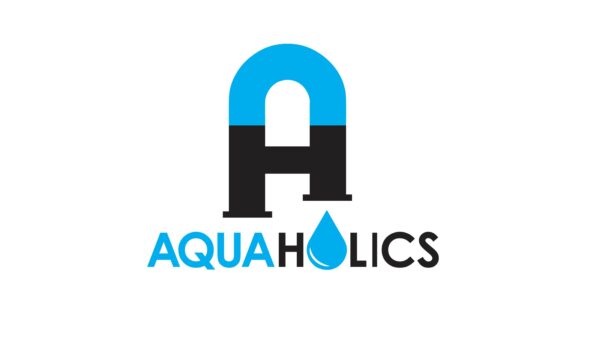The Government has passed legislation increasing the minimum sick leave entitlement from five days per year to 10 days per year.
This new legislation comes into effect on July 24, 2021. To ensure you’re up to scratch for all new and existing employees, we asked Tania Waikato Reweti, Senior Associate at Cooney Lees Morgan, to provide some top tips.
New employees
New employees starting work after this date will receive their 10 days sick leave entitlement as soon as they become entitled to sick leave. Under the Holidays Act 2003, employees are entitled to sick leave once they have worked with the same employer for six months.
This includes employees who have worked continuously, as well as those who have worked an average of at least 10 hours per week, including at least one hour a week or 40 hours a month.
Existing employees
Existing employees who already have sick leave entitlements when the legislation comes into force will become entitled to 10 days’ sick leave on their next entitlement date (i.e. the 12 month anniversary of when they last became entitled to sick leave). Existing employees who already receive an entitlement to 10 or more sick leave days a year will not be directly affected by this change in the minimum entitlement.
Using Sick Leave
Sick leave can be used when an employee is unwell or injured, or when someone who depends on them for care is unwell or injured.
Employment Agreement Changes
All new employment agreements should be updated to reflect the change in the minimum sick leave entitlements from five days to 10 days. Existing employment agreements do not necessarily need to be changed to reflect the minimum requirement as the law will apply regardless, but employers should be aware of the change and it would be prudent to ensure leave systems are adequately updated to effect the changes when existing employee entitlements rollover on their anniversary dates.

Asking for medical certificates
There have been no changes to the requirements for employees to provide proof of sickness or injury (medical certificates). An employer can still require an employee to provide proof of sickness or injury where the employee is taking sick leave for:
- Less than three days, provided that the employer asks for proof as soon as possible and pays for the cost of obtaining the proof; or
- Three or more days in a row, even if these three days are not all days the employee would have otherwise worked on. If the employer asks for proof in this situation, the employee must meet the cost.
Future changes
The Government has also begun work to implement the recommendations of the Holidays Act Taskforce. One of these recommendations is to give employees access to some sick leave from Day 1 of employment, as opposed to only being eligible for sick leave after six months. The Government expects to introduce this legislation in early 2022.
For further information please contact our employment law specialists Tania Waikato Reweti or Patrick Anderson.
Want more top tips, advice and insights? Check out our news section.
















































